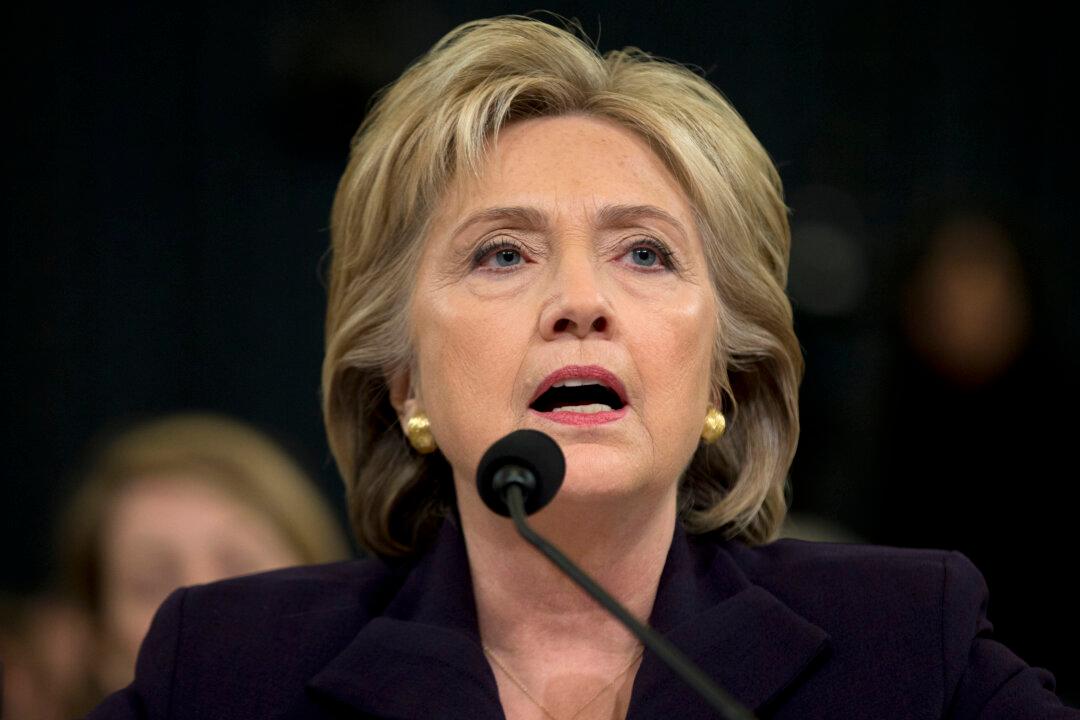Clinton Done, Democrats Hint They May Quit Benghazi Panel
House Democrats are signaling they may quit a Republican-led committee investigating the 2012 Benghazi attacks

Democratic presidential candidate, former Secretary of State Hillary Rodham Clinton testifies on Capitol Hill in Washington, Thursday, Oct. 22, 2015, before the House Benghazi Committee.AP Photo/Evan Vucci
|Updated:




